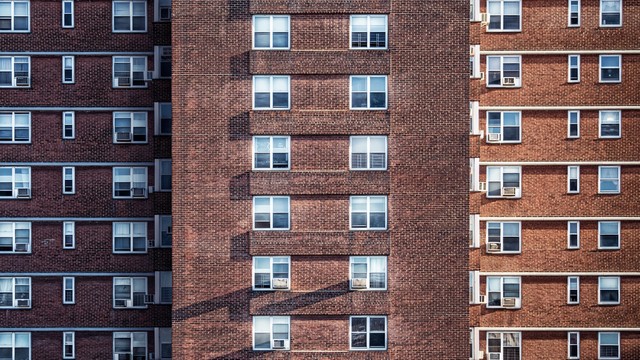Are You Planning to be a Landlord?
Published May 17, 2018 at 10:15 pm

Are you a home-owner and have extra room to spare?
If you can’t decide whether being a landlord is worth the headache, think again.
Turns out, the idea is financially beneficial.
A new CIBC poll of Canadian homeowners found that those who own a separate rental property earn $2,189 on an average per month. This is 50 per cent more than their monthly costs.
But, homeowners who rent out their space for income reduce their housing costs by 70 per cent.
Among younger Canadians, renting out a space in their home is a popular choice. This is mainly due to the high housing costs and the need for additional income.
For most homeowners, the tax benefits are enough to make income property a good investment. But, you need to be careful of all the tax implications to make the most of your investment.
Of 26 per cent Canadian homeowners, 15 per cent are already landlords and 11 per cent plan to become landlords by letting out space in their own home or another rental property.
Sixty-four per cent of current landlords own one or more properties that they exclusively rent out.
While 31 per cent landlords rent out a portion of their own home either for long-term (22 per cent) or short term (9 per cent) stays.
Most homeowners (72 per cent) believe that investing in real estate is an excellent way to earn an additional income. And if buying a home in the current market, then 37 per cent homeowners say they would opt to buy a home with space they could rent out.
Younger Canadians or millennials who are homeowners are more apt to be landlords. Canadians between the ages 18-34 are more apt than any other age group. Out of 47 per cent millennial homeowners, 30 per cent are already landlords, and 17 per cent hope to be.
Homeowners between 35 and 54 probably don’t fancy the idea of being a landlord and only 29 per cent are, while only 12 per cent of landlords are 55-years-old or more.
We all know that buying a home in the current market is a nightmare. But if a millennial does succeed, 54 per cent said they’d opt for a home with space to rent out; compared to the baby boomer generation, of which only 25 per cent would opt for a space that would generate rental income.
Fifty-five per cent millennial landlords own a property exclusively to rent out, while 40 per cent rent out a part of their home either for long-term (30 per cent) or short-term (10 per cent) stays.
Among those who rent out a space in their home, 29 per cent opt for it because they want an additional income for non-essential spending, while 26 per cent said it helps to cover mortgage or housing costs
The millennial generation is more open to renting out a space in their home, compared to previous generations. “There’s definitely a shift in attitudes and a growing interest in income properties, in part driven by a desire to offset high housing costs, but also because it can be a smart way to create extra income and build wealth,” said Scott McGillivray renowned real estate investor, contractor and television personality.
A majority of homeowners (80 per cent) agree that being a landlord makes financial sense, but value their privacy and time too much to pursue it. And, 30 per cent landlords said that’s their top concern.
Despite this, 52 per cent landlords believe that being a landlord is worth the headache. Among them, those who own a separate rental property say their top reason to invest is to generate passive income now (22 per cent) or in retirement (28 per cent).
But the tax deductions surely make owning income property a good investment. And, 74 per cent of landlords agree.
“Being a landlord can be financially rewarding, but it’s not easy money, and would-be landlords often underestimate the taxes they’ll pay on rental income and may overestimate what deductions they can claim,” said Jamie Golombek, Managing Director, Tax and Estate Planning, CIBC Financial Planning and Advice.
If that’s enough you to convince you to become a landlord, here are 5 tips to consider.
- Be clear about what your expectations are – you’ll have to pay tax on rental income and spend on maintenance and repairs.
- A good location is a good investment if you want to attract quality customers.
- Understand the legal obligations of becoming a landlord. As well as zoning and insurance issues for renting out your space.
- Know that you will have to spend a good amount of time to address any tenant concerns.
- Stay organized and keep records of all expenses.






